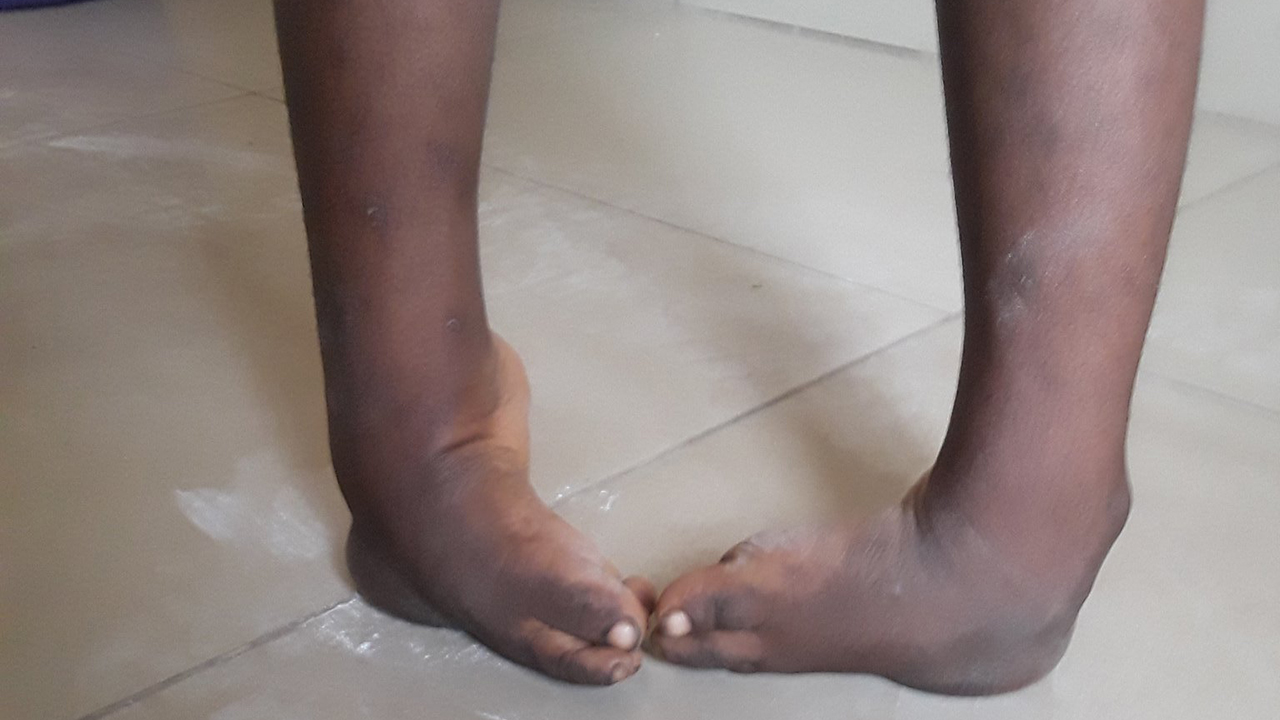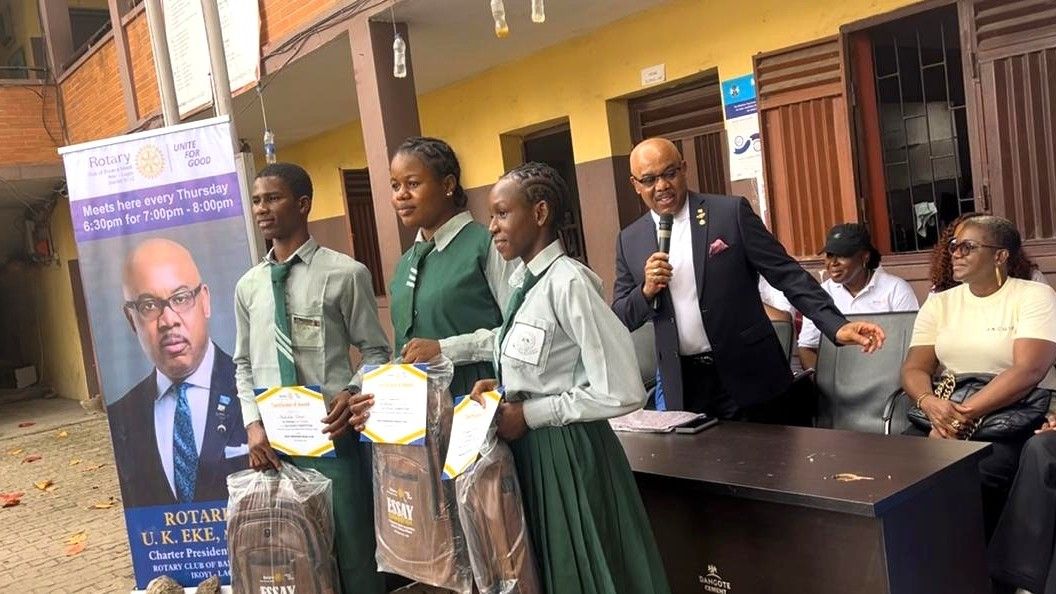
Former Comptroller-General of Nigeria Immigration Service (NIS), Muhammad Babandede, has warned that unless the government takes concrete steps to provide jobs for youths and reduce the poverty rate in the country, human trafficking might not be eradicated.
Stressing that arresting offenders alone would not end the menace, Babandede warned that the conditions encouraging Nigerians to emigrate were worsening daily.
He made the observation yesterday at a national stakeholders’ consultative forum with religious leaders to combat and prevent human trafficking and unsafe migration in Nigeria, organised by the Women’s Aid Collective in Abuja.
The NIS ex-boss was responding to a question on the U.S. Department of State’s classification of Nigeria as a Tier 2 country in its 2024 Trafficking in Persons Report.
Nations ranked Tier 2 are those whose governments “do not fully comply with the Trafficking Victims Protection. Act’s minimum standards but are making significant efforts to comply with those standards.”
Nigeria last attained Tier 1 status in 2011 and has not done so since. Its ranking also fluctuated between Tier 1, Tier 2 and Tier 2 (Watch List) based on yearly reports published for the past 23 years.
Babandede submitted that the most populous black nation would not make any significant progress without tackling the root causes of human trafficking, which he listed as poverty and unemployment, maintaining that law enforcement action alone would not work.
His words: “When there is a river flowing, if you block the flow of the river, you know it won’t stop flowing. You need to block, while at the same time, go back to the root of it. I think we are only doing the blockage. We are not looking at the root cause of the problem. Law enforcement action, caregiving, and preaching are all secondary jobs. “
“The major issue is the conditions that pushed people away, and as long as those conditions don’t change, people will continue to move. It’s like saying that somebody has a snake in his room and wants to run away, and you say, don’t run away.
“We all know that you have to go and remove the snake before you take that person back. So, the conditions which push Nigerians out are still getting worse, life is getting more difficult, and jobs are difficult to get.
“So, the push factors are greater than what you are doing to prevent them. I think we need to do more than just law enforcement actions, and campaigns because we need to improve the life of the people to ensure that people have jobs, and people can look inwards rather than outside.”
While canvassing the need for a multi-directional and multi-sectoral approach to solving the problems, he stressed that religious leaders are important stakeholders that must be brought on board.
Also speaking, Executive Director of WACOL, Prof. Joy Ezeilo, described Nigeria as a source, transit and destination country for the trafficking of women and girls for forced labour and sexual exploitation, saying the country is heavily implicated.
The former United Nations Special Rapporteur on Trafficking in Persons also called on the government to address the root cause of unsafe migration, adding that the National Agency for the Prohibition of Trafficking in Persons (NAPTIP) should be better equipped to tackle the menace.
The Senior Advocate of Nigeria (SAN) said: “As we engage with different stakeholders, community and religious leaders have been particularly fingered, as sometimes even without being aware, pray and support people trying to travel to come to them. People come to them and bring their passports for anointing. They ask them to pray for them so that they can succeed in getting their visa.
“So, looking at all of that, you know, when we talk of trafficking, you talk about voodoo, you talk about religion, and the role of religious leaders because it becomes like they are aiding and abetting a crime, and we want to let them know that: please don’t.”






